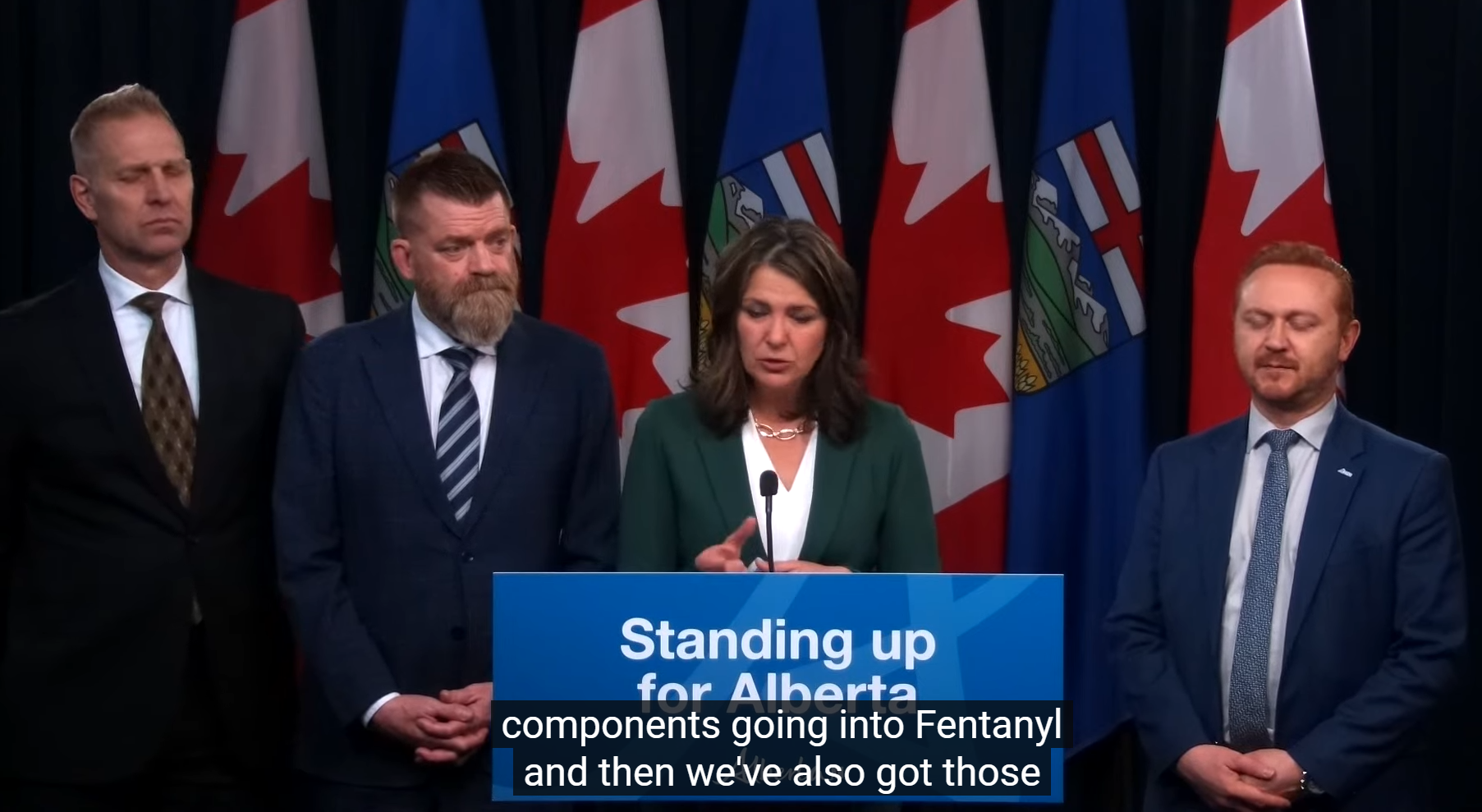Opinion: Federal and Provincial Squabbles Over the IAA—A Distraction While They Tiptoe Around Trump’s Ego
Challenging unconstitutional legislation - November 28, 2024 at 3:15 p.m.
The legal saga surrounding the Impact Assessment Act (IAA) has Canadians trapped in the middle of a jurisdictional tug-of-war between Ottawa and Alberta. Both sides claim to defend democracy and the economy, yet both fail to address the elephant in the room—an increasingly fragile North American alliance shaped by Donald Trump’s whims and the pressures of international trade. While the federal and provincial governments duke it out in court, a bigger question looms: are either of them equipped to navigate the precarious terrain of foreign policy and its domestic fallout?
The Fight for Control—or Just a Show?
The federal government, under Trudeau, introduced the IAA in 2019 to expand environmental oversight of major projects. Alberta's United Conservative Party (UCP) government, led by Premier Danielle Smith, has consistently attacked the IAA as federal overreach, hindering provincial resource development. Alberta’s latest maneuver—a Court of Appeal challenge against the amended IAA—feels more like political theater than a genuine fight for Alberta’s autonomy.
Why? Because while they spar over jurisdiction, both governments ignore the deeper issue: how external influences, especially from an unpredictable former U.S. president, shape Canada’s policy environment.
Trump’s Shadow Looms Large
Donald Trump, with his brash nationalism and transactional diplomacy, left a legacy of disruption that Canada has yet to fully reckon with. His erratic trade policies, threats to impose tariffs on Canadian steel and aluminum, and disdain for multilateral agreements like NAFTA (now the USMCA) forced Canadian leaders to navigate an unprecedented level of instability. Yet, despite Trump being out of office (for now), his influence persists. Alberta’s resource sector is deeply tied to U.S. demand, and Trump’s rhetoric still fuels skepticism about environmental regulations, giving provincial leaders like Smith ammunition to resist federal oversight.
But here’s the kicker: neither Ottawa nor Edmonton seems to have a plan to protect Canada from Trump’s ego-driven outbursts should he return to power in 2025.
The Risk of Playing Chicken
Both governments are gambling with the livelihoods of Canadians. Trudeau’s federal amendments to the IAA attempt to thread the needle between constitutional boundaries and environmental responsibilities but offer no certainty to investors wary of regulatory flip-flops. Meanwhile, Smith’s government positions itself as a champion of Alberta’s resource sector but risks alienating trading partners by leaning into populist rhetoric and anti-federal sentiment.
At the heart of this conflict is a shared failure to address how Trump-era disruptions have weakened investor confidence in Canada’s stability. The energy sector, critical minerals industry, and infrastructure development require a united front to reassure global partners that Canada is a safe, predictable place to do business. Instead, we’re treated to an ongoing circus of legal battles and political chest-thumping.
What About the Voters?
Canadians watching this fiasco unfold are left wondering: who’s actually working for us? Environmentalists and Indigenous groups are rightfully concerned that the federal government’s amendments to the IAA might weaken environmental protections. At the same time, resource-dependent communities fear that prolonged jurisdictional disputes will delay critical projects, jeopardizing jobs and economic growth.
Both sides claim to stand for the “people,” yet neither seems interested in listening to them. Instead, they’re preoccupied with scoring political points and, in some cases, pandering to international audiences more concerned with keeping Trump’s ego intact than solving Canada’s actual problems.
The Bigger Picture
As the Court of Appeal takes up Alberta’s latest challenge, voters should demand more than finger-pointing and legal jargon. The IAA debate isn’t just about federal versus provincial powers; it’s about Canada’s ability to navigate a volatile global landscape while safeguarding its environment, economy, and sovereignty.
If our leaders can’t prioritize Canadians’ long-term interests over their short-term political games—and if they continue to ignore the lingering shadow of Trump—then we, the people, will be the ones left holding the bag.
Until then, expect more headlines about constitutional squabbles and fewer answers about how Canada plans to weather the storms of an increasingly fragile North American partnership.


